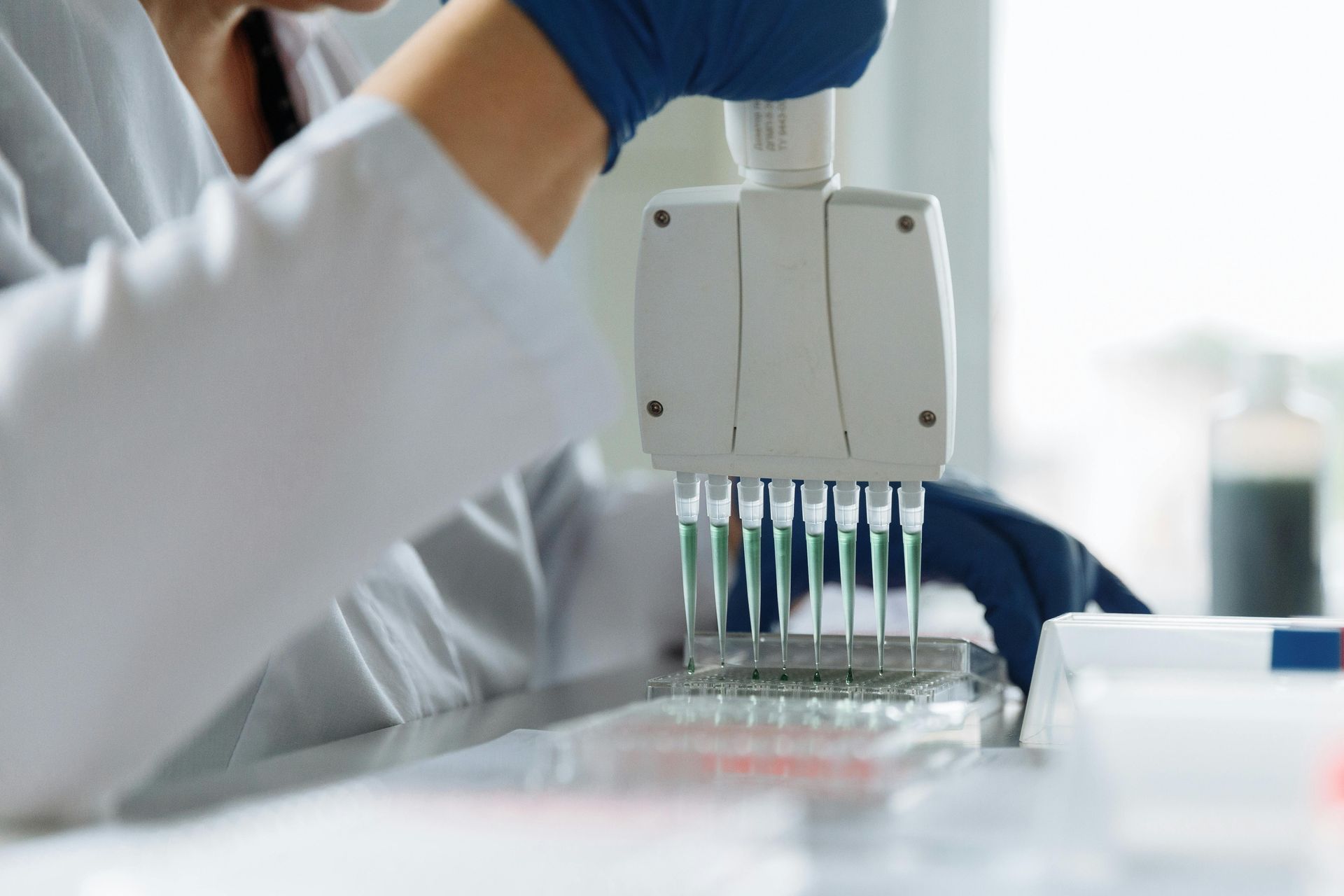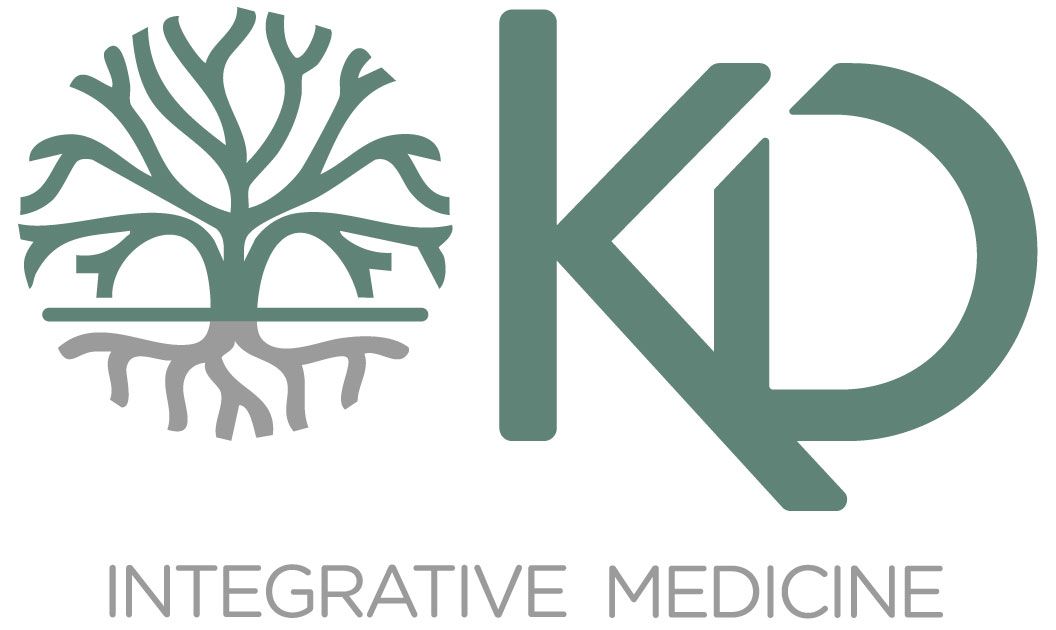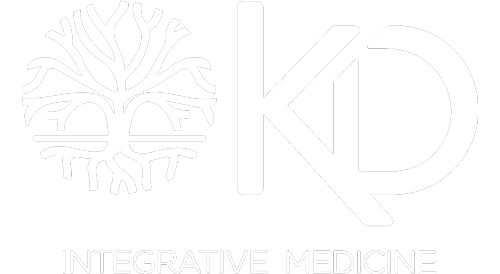Our latest articles

¿Qué es la Epigenética? La epigenética es la ciencia que estudia las alteraciones en la expresión de los genes sin modificar la secuencia del ADN (A-T-C-G que componen el código genético). En términos sencillos, es como si nuestros genes fueran un libro con miles de páginas, y la epigenética fueran las anotaciones o marcas que indican qué partes deben leerse y cuáles no. Estas marcas determinan si un gen estará “activado” o “desactivado”. Esto significa que, aunque heredemos una predisposición genética, factores externos pueden influir en que esa característica se manifieste o no. ¿Cómo funciona la epigenética? Los principales mecanismos epigenéticos conocidos son: Metilación del ADN: pequeñas marcas químicas que silencian genes. Modificación de histonas: proteínas que “empaquetan” el ADN y regulan su lectura. ARN no codificante: moléculas que controlan la producción de proteínas. De forma práctica, podemos decir que la genética es el hardware (estructura), y la epigenética es el software (programación), capaz de ajustar cómo funciona ese sistema. La ciencia detrás de la epigenética La epigenética comenzó a cobrar relevancia en la década de 1940 con el biólogo británico Conrad Waddington, quien sugirió que el entorno podía influir en la herencia biológica. Hoy sabemos que estos cambios pueden ser reversibles, heredables y flexibles. Estudios recientes han mostrado ejemplos realmente impactantes: Un experimento publicado en Nature Neuroscience (2014) demostró que ratones expuestos repetidamente a un olor asociado a descargas eléctricas transmitieron el miedo a ese olor a generaciones posteriores, incluso sin contacto directo con el trauma. Esto sugiere que memorias y experiencias traumáticas pueden heredarse biológicamente. (1) Investigaciones también han demostrado que la alimentación paterna influye en la salud de la descendencia . Estudios en ratones revelaron que padres obesos o con dietas ricas en grasas transmitieron alteraciones metabólicas a hijos y nietos, aumentando el riesgo de resistencia a la insulina y obesidad. (2) Estos hallazgos refuerzan la idea de que no solo heredamos genes, sino también marcas epigenéticas influenciadas por el estilo de vida y el entorno . Epigenética, Salud Integral y Medicina Integrativa Si antes se creía que “los genes determinan el destino”, hoy sabemos que son solo una parte de la historia. La epigenética demuestra que el estilo de vida, el entorno y las emociones desempeñan un papel decisivo en la expresión genética. Factores como: Nutrición equilibrada Actividad física regular Sueño reparador Gestión del estrés (mindfulness, respiración, terapias naturales) Evitar tabaco, alcohol y contaminación Pensamientos y emociones positivas Tienen un impacto directo en genes relacionados con la inflamación, el metabolismo, la inmunidad y el envejecimiento . En la práctica, esto significa que hábitos saludables pueden activar genes protectores y silenciar genes asociados a enfermedades. Es aquí donde la Medicina Integrativa adquiere especial relevancia: al combinar la ciencia convencional con terapias complementarias, podemos apoyar al organismo para que exprese su mejor potencial genético. Técnicas como la suplementación personalizada, la modulación hormonal bioidéntica, la fitoterapia y los cambios en el estilo de vida pueden modular la epigenética en beneficio de la salud. Conclusión La epigenética demuestra que no somos prisioneros de nuestros genes. Al contrario, tenemos un papel activo en nuestra salud y en la salud de las próximas generaciones. Un estilo de vida saludable, junto con una visión integral de la salud, puede transformar predisposiciones en oportunidades de prevención. Cuidar la alimentación, el cuerpo, la mente y las emociones no es solo una decisión individual, sino también un legado para el futuro. “Una vida saludable comienza con las pequeñas elecciones de hoy y resuena en nuestro ADN mañana.” Referencias Dias BG, Ressler KJ. Parental olfactory experience influences behavior and neural structure in subsequent generations. Nat Neurosci. 2014;17(1):89–96. Morris MJ, et al. Chronic high-fat diet in fathers programs beta-cell dysfunction in female rat offspring. Nature. 2010;467:963–6. Chen Q, et al. Sperm tsRNAs contribute to intergenerational inheritance of an acquired metabolic disorder. Science. 2016;351(6271):397–400. Ornellas F, et al. Obese fathers lead to an altered metabolism and obesity in their children in adulthood: review of experimental and human studies. J Pediatr (Rio J). 2017;93(6):551–9. Lipton B. The biology of belief. Hay House; 2009.

O que é Epigenética? A epigenética é a ciência que estuda as alterações na expressão dos genes sem modificar a sequência do DNA (as letras A-T-C-G que compõem o código genético). Em termos simples, é como se nossos genes fossem um livro com milhares de páginas, e a epigenética fossem as anotações ou marcações que dizem quais partes devem ou não ser lidas. Essas marcas determinam se um gene será “ligado” ou “desligado”. Isso significa que, mesmo herdando uma predisposição genética, fatores externos podem influenciar se essa característica se manifestará ou não. Como funciona a epigenética? Os principais mecanismos epigenéticos conhecidos são: Metilação do DNA : pequenas marcas químicas que silenciam genes. Modificação de histonas : proteínas que “empacotam” o DNA e regulam sua leitura. RNA não codificador : moléculas que controlam a produção de proteínas. De forma prática, podemos dizer que a genética é o hardware (estrutura), e a epigenética é o software (programação) , capaz de ajustar como esse sistema funciona. A ciência por trás da epigenética A epigenética começou a ganhar força na década de 1940 com o biólogo britânico Conrad Waddington , que sugeriu que o ambiente poderia influenciar a herança biológica. Hoje sabemos que essas mudanças são reversíveis, herdáveis e flexíveis . Estudos recentes têm mostrado exemplos impressionantes: Um experimento publicado na Nature Neuroscience (2014) demonstrou que ratos expostos repetidamente a um cheiro associado a choques elétricos transmitiram o medo desse odor às gerações seguintes, mesmo sem contato direto com o trauma. Isso significa que memórias e traumas podem ser herdados biologicamente . Pesquisas também mostram que a alimentação paterna influencia a saúde da descendência . Estudos em camundongos revelaram que pais obesos ou com dieta rica em gordura transmitiram alterações metabólicas aos filhos e netos, aumentando o risco de resistência à insulina e obesidade (Morris et al., 2010; Chen et al., 2016; Ornellas et al., 2017). Essas descobertas reforçam que não apenas herdamos genes, mas também marcas epigenéticas influenciadas pelo estilo de vida e pelo ambiente . Epigenética, Saúde Integral e Medicina Integrativa Se antes acreditava-se que “os genes determinam o destino”, hoje sabemos que eles são apenas parte da história. A epigenética mostra que estilo de vida, ambiente e emoções têm papel decisivo na expressão genética. Fatores como: Nutrição equilibrada (alimentação saudável) Atividade física regular Sono reparador Controle do estresse (mindfulness, respiração, terapias naturais) Evitar tabaco, álcool e poluição Pensamentos e emoções positivas Têm impacto direto em genes relacionados a inflamação, metabolismo, imunidade e envelhecimento . Na prática, isso significa que hábitos saudáveis podem ativar genes protetores e silenciar genes associados a doenças . É aqui que a Medicina Integrativa ganha importância: ao unir a ciência convencional com terapias complementares, conseguimos apoiar o corpo para expressar seu melhor potencial genético. Técnicas como suplementação personalizada, modulação hormonal bioidêntica, fitoterapia e mudanças no estilo de vida podem modular a epigenética em benefício da saúde. Conclusão A epigenética mostra que não somos reféns de nossos genes . Ao contrário, temos um papel ativo na nossa saúde e na saúde das próximas gerações. Um estilo de vida saudável, aliado a uma visão de saúde integral, é capaz de transformar predisposições em oportunidades de prevenção. Assim, cuidar da alimentação, do corpo, da mente e das emoções não é apenas uma escolha individual, mas também um legado para o futuro. "Uma vida saudável começa nas pequenas escolhas de hoje e reverbera em nosso DNA amanhã." Referências Dias BG, Ressler KJ. Parental olfactory experience influences behavior and neural structure in subsequent generations. Nat Neurosci. 2014;17(1):89–96. Morris MJ, et al. Chronic high-fat diet in fathers programs beta-cell dysfunction in female rat offspring. Nature. 2010;467:963–6. Chen Q, et al. Sperm tsRNAs contribute to intergenerational inheritance of an acquired metabolic disorder. Science. 2016;351(6271):397–400. Ornellas F, et al. Obese fathers lead to an altered metabolism and obesity in their children in adulthood: review of experimental and human studies. J Pediatr (Rio J). 2017;93(6):551–9. Lipton B. The biology of belief. Hay House; 2009.










